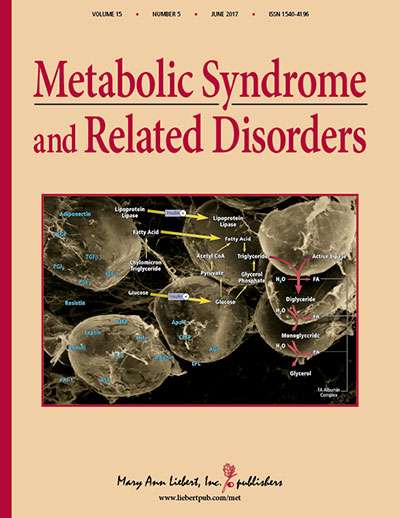What role does the gut play in type 2 diabetes?

In the destructive cycle that leads to and perpetuates type 2 diabetes, driven by overeating, excessive blood glucose, defective pancreatic beta cell function, and imbalances in insulin-regulating hormone levels, the gut appears to play a key role. The effects of gastric emptying rates on blood sugar levels after eating and resulting glucose-related hormone release are examined in the article "The Gut: A Key to the Pathogenesis of Type 2 Diabetes?" published in Metabolic Syndrome and Related Disorders.
Coauthors Jens Juul Holst, Jens Pedersen, Nicolai Jacob Wewer Albrechtsen, and Filip Krag Knop, University of Copenhagen, Denmark, focus specifically on how the gastrointestinal tract contributes to the regulation of postprandial plasma glucose and secretion of the incretin hormones known as GIP and GLP-1. After a meal, these hormones help induce and regulate the release of insulin cells by pancreatic beta cells to control the level of glucose in the blood. The researchers also discuss the role of the gut in the hypersecretion of glucagon in individuals with type 2 diabetes.
"The role of the gastrointestinal tract in modulating the response to glucose ingestion is often overlooked. In this commentary, Professor Holst and colleagues revisit the role of the GI tract in health and disease," says Adrian Vella, MD, FRCP (Edin.), Editor-in-Chief of Metabolic Syndrome and Related Disorders and Professor of Medicine, Mayo Clinic College of Medicine, Rochester, MN.
More information: Jens Juul Holst et al, The Gut: A Key to the Pathogenesis of Type 2 Diabetes?, Metabolic Syndrome and Related Disorders (2017). DOI: 10.1089/met.2017.0015



















